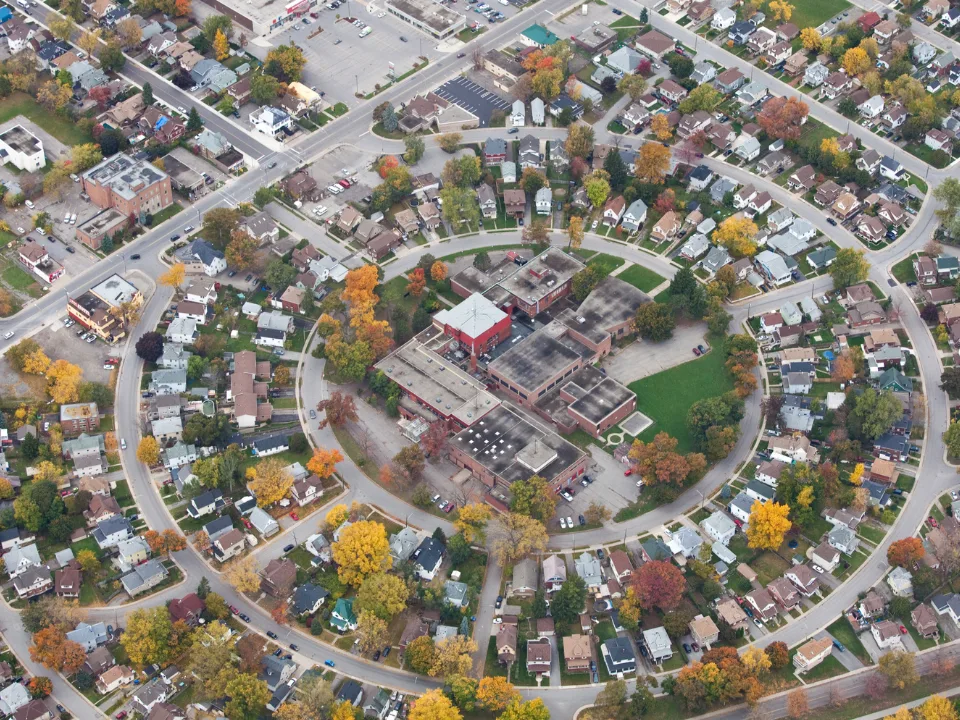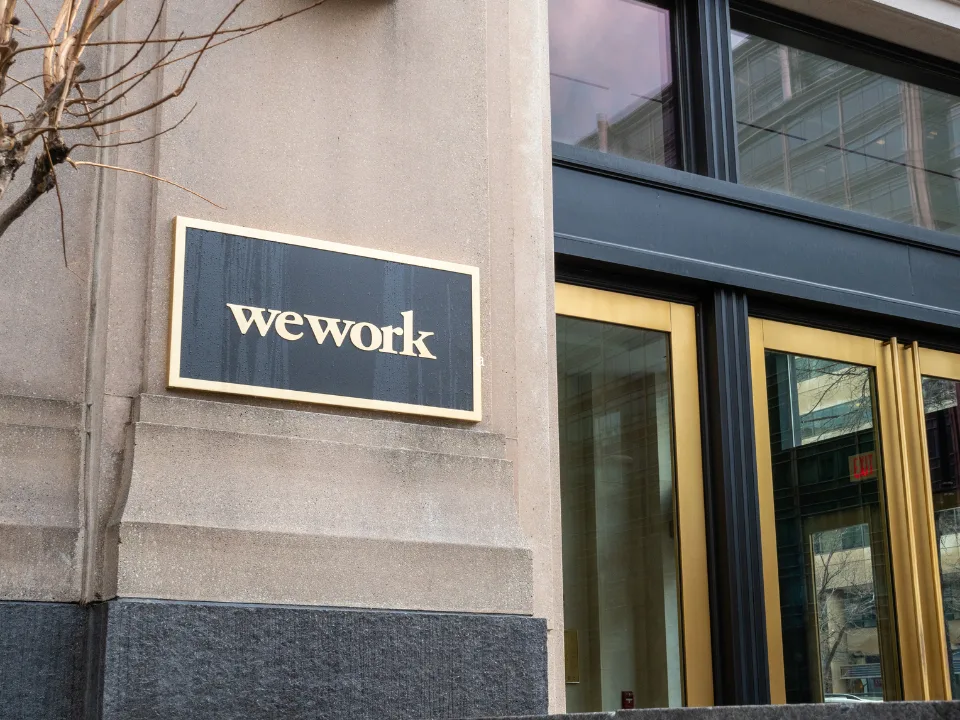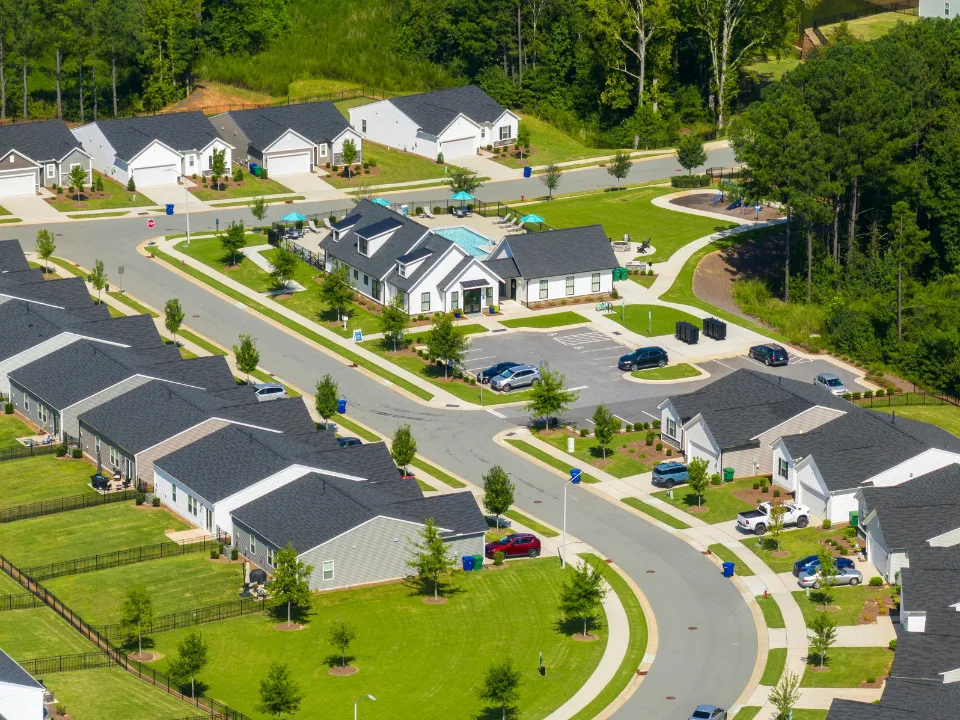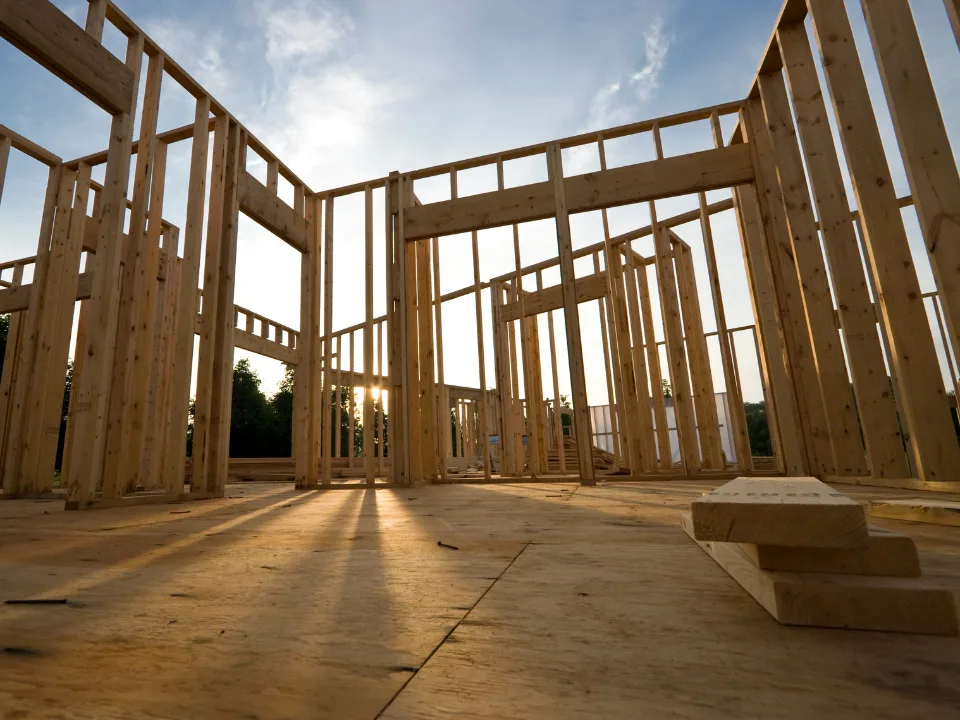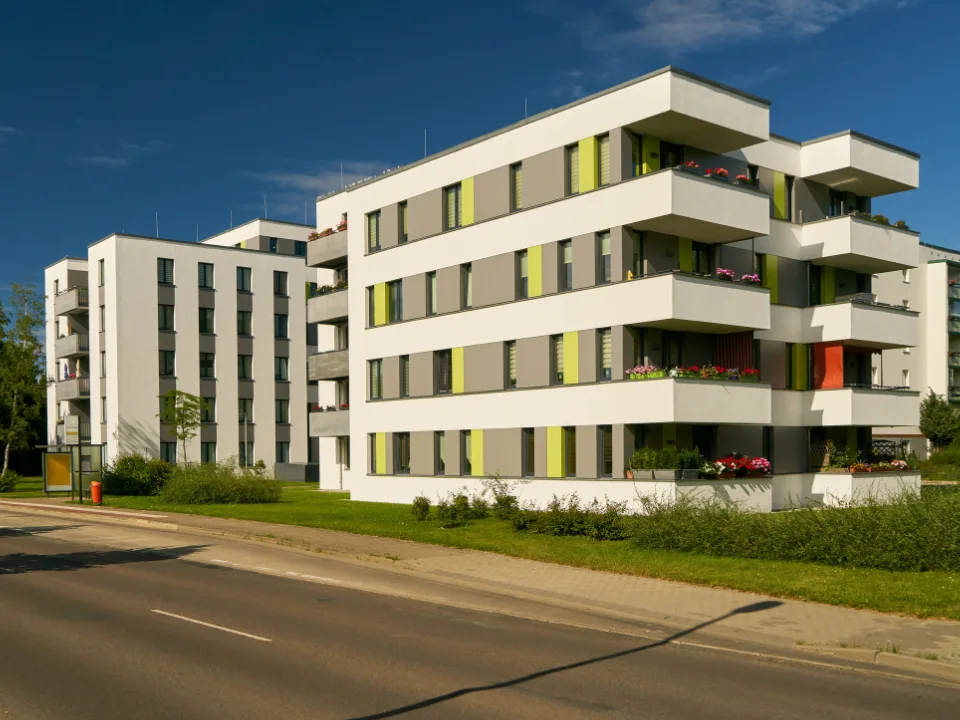- WeWork comeback includes six months of positive EBITDA and a debt-free balance sheet after Chapter 11.
- Now backed by Yardi Systems and led by real estate veteran John Santora, WeWork is refocused on operational efficiency.
- The company is expanding through management and enterprise agreements, including nearly 1M SF for Amazon.
- Despite increased competition, WeWork is reinvesting up to $100M in upgrades and improving service to retain market share.
Leaner, Smarter, Stronger
One year after exiting bankruptcy, WeWork is presenting itself as a transformed company: leaner, more financially stable, and built on real estate fundamentals, reports Bisnow. Once burdened by $19B in liabilities, it shed more than $4B in debt through bankruptcy and slashed its rent obligations by an estimated $12B.
Its leadership overhaul has been just as significant. CEO John Santora, a seasoned industry executive, replaced a string of controversial predecessors and is steering the company with a measured approach. WeWork now publicly identifies as a real estate company — a stark departure from its “tech disruptor” days.
Get Smarter about what matters in CRE
Stay ahead of trends in commercial real estate with CRE Daily – the free newsletter delivering everything you need to start your day in just 5-minutes
Rebuilding With Purpose
Today, WeWork operates around 170 locations in North America, down from 850 at its 2019 peak. But the company is growing again — this time selectively.
Thanks to its reset balance sheet, WeWork plans to invest between $80M and $100M this year in upgrading its global locations. It’s also focused on improving service, having recently partnered with the Ritz-Carlton Leadership Center for hospitality training.
Under Santora’s leadership and Yardi’s backing, the company is betting on smart growth, tenant trust, and strong landlord relationships. The firm is also leveraging Yardi’s tech to analyze utilization trends and make more data-driven leasing decisions.
A Shift In Strategy
The postbankruptcy WeWork is not chasing SF for its own sake. Instead, it is expanding through management agreements, where it splits profits with landlords, and enterprise deals, managing space on behalf of corporate clients.
Its enterprise business remains strong — notably with Amazon, for which it manages nearly 1M SF across major US cities. The flexible space giant also continues to support landlords struggling to lease Class-B and C buildings by offering plug-and-play office solutions.
Rising Competition, Renewed Confidence
While WeWork is regaining its footing, the coworking landscape has evolved. Rivals like Industrious have overtaken it in US locations. CBRE, which acquired Industrious in January 2025, and Newmark, which bought Knotel in 2021, are both doubling down on flex office strategies.
Even so, WeWork has kept key partners and clients on board. Property owners like Beacon Capital and Steinhauer Properties report stronger communication and renewed confidence in the company’s new direction.
Looking Ahead
As flexible office demand continues to grow — with the total number of US flex workspaces jumping from 6,600 to 7,840 year-over-year — WeWork is better positioned than it has been in years.
Once known for beer taps and festivals, WeWork 2.0 is focused on fundamentals. With new leadership, real estate focus, and Yardi’s backing, WeWork’s disciplined comeback is gaining traction and entering a new phase.
